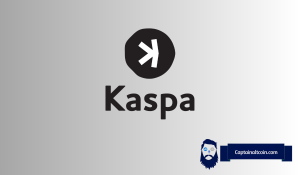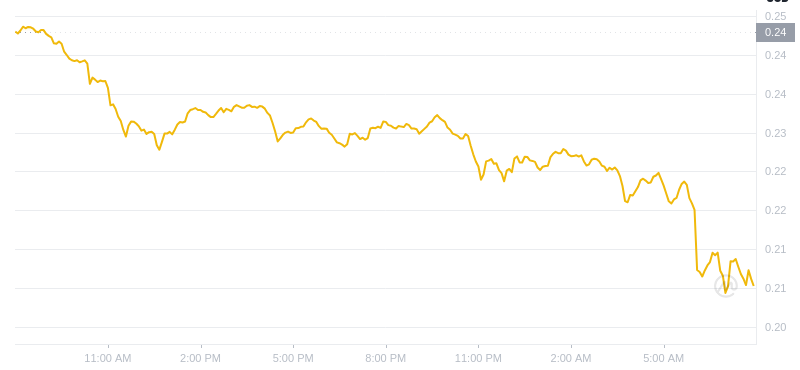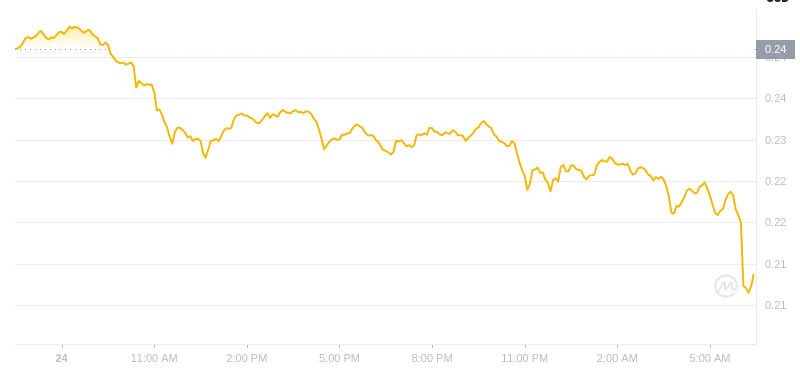
An analysis by crypto analyst Zach Humphries highlights Kaspa (KAS) as one of the top-performing cryptos, ranked in the top 25. The token, with a market cap of around $3.7 billion and priced just under $0.15, has drawn interest because of its technology and growing community support.
Humphries predicts a potential price increase for Kaspa, with estimates reaching up to $5 in a parabolic bull market. The expert attributes this potential rise to Kaspa's unique features, including its block DAG system and Proof-of-Work blockchain.
Kaspa's Technological Innovations
Kaspa's Proof-of-Work blockchain shares similarities with Bitcoin but introduces improvements in scalability and transaction speed. The token is powered by a block DAG system, which allows multiple blocks to be added simultaneously.
This parallel processing drastically increases throughput, making Kaspa the fastest layer-1 blockchain. The network's GhostDAG consensus protocol also contributes to its efficiency by incorporating orphan blocks into the system, enhancing security and performance.
These developments present Kaspa as a viable remedy for Bitcoin's drawbacks. Unlike Bitcoin's halving cycle, KAS is anticipated to lead to a more frequent drop in supply, which could raise prices soon.
KAS Price Forecast
Humphries predicts that in the upcoming bull market, Kaspa's price may rise to $2, increasing its market capitalization to about $50 billion.
More optimistically, the token might reach $5 and rank in the top 10 cryptocurrencies worldwide. Based on Kaspa's technological advantages and increasing community support, especially among miners and early adopters, some projections have been made.
The analyst emphasizes Kaspa's decentralized nature, noting the absence of pre-mining or early investors. This ensures fairness and contributes to the token's strong community-driven development. The token's open-source structure has attracted contributions from developers worldwide, further enhancing its growth potential.
Future Developments and Challenges
Kaspa's future prospects are bolstered by its plans to expand into decentralized finance (DeFi) and smart contracts with the KC20 initiative. As the project integrates more deeply into DeFi, its utility could increase, attracting more developers and users.
The planned launch of decentralized applications (DApps) on Kaspa's network could further solidify its position in the blockchain space.
However, challenges remain, particularly regarding Kaspa's limited listings on major exchanges. While its absence from platforms may limit immediate price growth, a potential listing could catalyze future price increases.
Kaspa's emphasis on community involvement, including initiatives like the Ambassador Program 2.0, has fostered a strong, engaged user base. As more users adopt Kaspa for transactions, and as developers build on its blockchain, the token's value could continue to rise.


 TheNewsCrypto
TheNewsCrypto Times Tabloid
Times Tabloid DogeHome
DogeHome CFN
CFN Crypto Daily™
Crypto Daily™ DogeHome
DogeHome Crypto Daily™
Crypto Daily™ TheCoinrise Media
TheCoinrise Media Crypto Daily™
Crypto Daily™






















